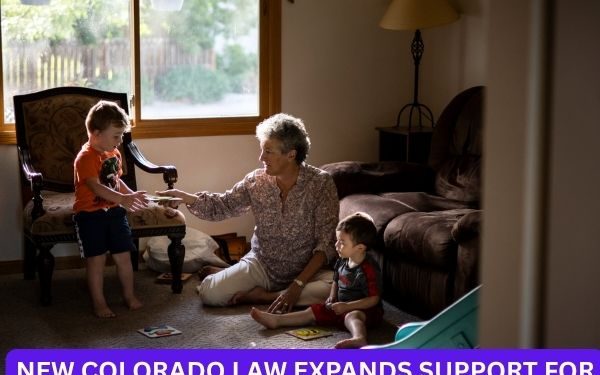COLORADO SPRINGS — Children who are removed from their homes due to safety concerns often face emotional upheaval, but a new Colorado law aims to make that transition less traumatic. The legislation, which took effect in September, expands critical services to kinship families—relatives or trusted adults who step in to care for displaced children.
What Are Kinship Families?
This Article Includes
Kinship caregivers can include:
-
Grandparents, aunts, uncles
-
Family friends
-
Teachers, coaches, or anyone with a prior relationship to the child
Allowing children to stay with familiar faces helps reduce trauma and provides a sense of stability, according to Sarah Bailey, Director of Recruitment for Kids Crossing, a Colorado-based child placement agency.
“It helps that child heal from the trauma they are experiencing,” Bailey explained during an appearance on FOX21 Morning News.
Expanded Services Now Available
With this legislative change, kinship caregivers now have access to the same resources as licensed foster families, including:
-
Therapeutic services
-
Educational programs
-
Financial reimbursement
-
Support from licensed agencies like Kids Crossing
About Kids Crossing
Kids Crossing offers a comprehensive suite of services for both foster and kinship families, including:
-
A therapy clinic
-
Educational support
-
Adult services
-
A therapeutic work program designed to assist both children in care and the families supporting them
- This legislative update marks a major step forward in Colorado’s efforts to support children in crisis by empowering families—both foster and kinship—with the tools they need to provide safe, healing homes.









